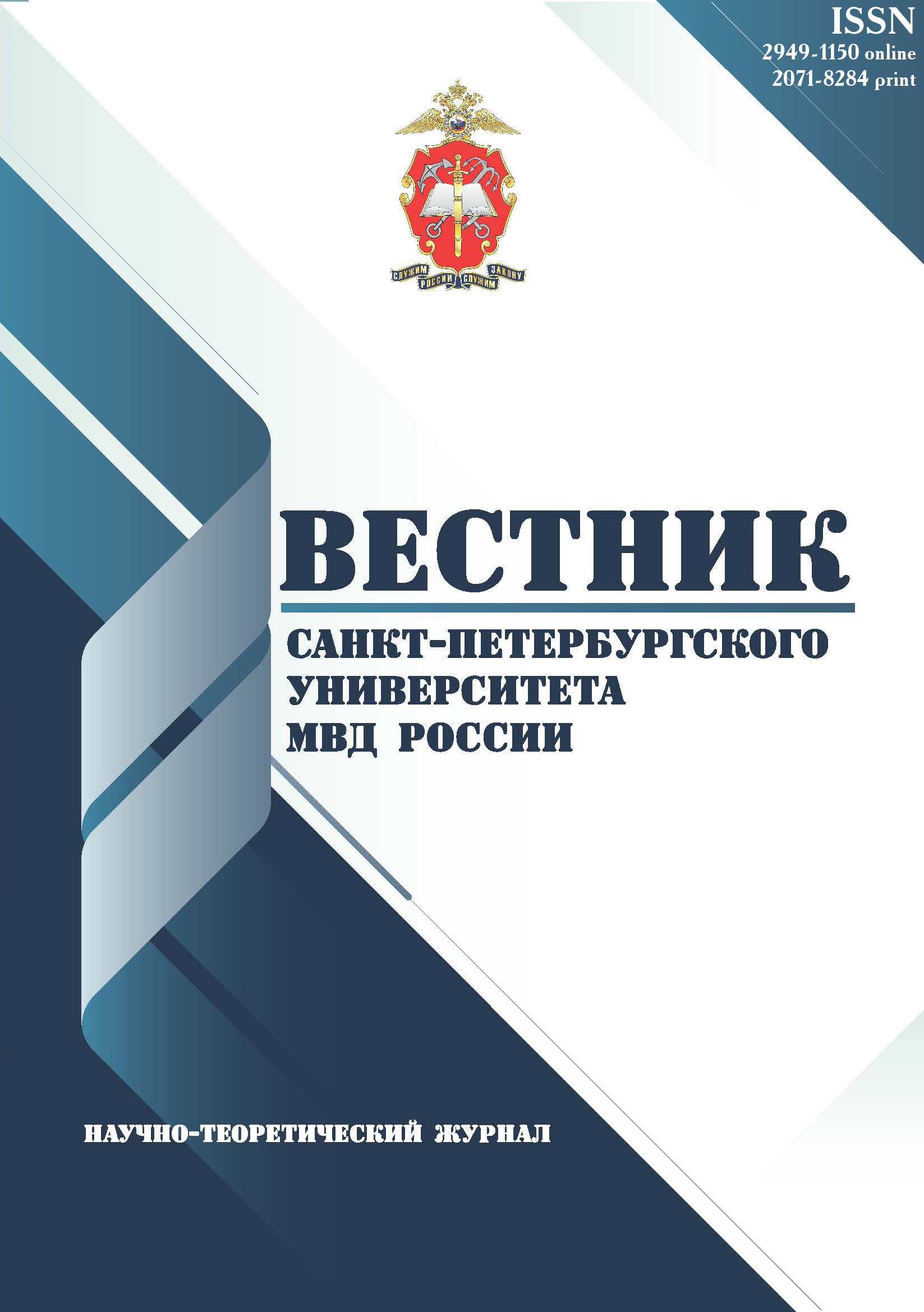from 01.01.2020 until now
Omsk, Omsk, Russian Federation
UDC 343.2
CSCSTI 10.77
Russian Classification of Professions by Education 40.00.00
Russian Library and Bibliographic Classification 6
Russian Trade and Bibliographic Classification 7
BISAC LAW LAW
Introduction. The relevance of the topic we study is due to the influence of the Constitutional Court of the Russian Federation (hereinafter the Constitutional Court) on thedevelopment of criminal law. It is asserted that legal norms, including those that fall under the purview of criminal law, both regulate relations in society and also are adapted to the contemporary realities and changed under the influence of law enforcement practice and judicialdecisions. The Constitutional Court plays a pivotal role in this process. Its ability to interpret and adjust legal norms significantlyhas been greatly enhanced.It is fundamental principle of criminal law that the determination of criminality and punishmentare only based on the provisions outlined in Criminal Code of the Russian Federation. Nevertheless, the positions of the Constitutional Court on particular criminal cases have a huge impact on law enforcement and form a new legal reality. In recent years, there has been atendency to change the concept of criminal law norms through the prism of their interpretation by the Constitutional Court. However, there is the contradiction between the legal position of the Constitutional Court and interpretation of criminal law. This makes it harder to determine the appropriate legal classification for specific situations.The modification of specific provisions in theframework of criminal liability has the potential to impact fundamental human rights and freedoms, thereby influencing the transformation of the entire criminal legal system. At the same time, to what extent can we judge the formation of this new legal reality in terms of fairbalance between the interests of the state and the rights of citizens, and the implementation of the principle of separation of powers. Methods. The study was conducted using a variety of methodological approaches, encompassing general scientific and private scientific methods of cognition: dialectical, formal logic (analysis, synthesis, induction, and deduction), historical, systemic, and comparative study and others. Results. This study examines the issues of how the legal position of the Constitutional Court should be considered part of the sources of criminal law.The analysis encompasses the opinions of legal scholars on this issue, as well as judicial practice. The author substantiates the problem of the tendency of filling gaps in the criminal law not by the legislator, but by means of the legal position of the Constitutional Court and also puts forward a vision ofits solution.
constitutional and legal concept, criminal law, sources, offence, qualification, law enforcement office
1. Mosin S. A. K voprosu o neot'emlemyh sostavlyayuschih osnov pravovogo gosudarstva v Rossiyskoy Federacii // Yuridicheskaya nauka. 2014. № 1. S. 45–50.
2. Ebzeev B. S. Tolkovanie Konstitucii Konstitucionnym Sudom Rossiyskoy Federacii: teoreticheskie i prakticheskie problemy // Gosudarstvo i pravo. 1998. № 5. S. 5–12.
3. Zhalinskiy A. E. Obratnaya sila ugolovnogo zakona: pravovye pozicii Konstitucionnogo Suda RF // Ugolovnoe pravo. 2006. № 4. S. 13–18.
4. Murashko L. O. Konstitucionnoe pravoprimenenie i ego cennostnaya sostavlyayuschaya // Monitoring pravoprimeneniya. 2018. №. 3 (28). S. 4–8. https://doi.org/10.21681/2226-0692-2018-3-04-08.
5. Baranov V. M. «Kvalificirovannoe molchanie zakonodatelya» kak obschepravovoy fenomen (k voprosu o suschnosti i sfere funkcionirovaniya probelov v prave) // Probely v rossiyskom zakonodatel'stve. 2008. № 1. S. 75–78.
6. Saybulaeva S. A. Funkcii Konstitucionnogo Suda Rossiyskoy Federacii: nekotorye voprosy teorii i praktiki // Vestnik Volzhskogo universiteta im. V. N. Tatischeva. 2018. T. 1, № 2. S. 67–75.
7. Mal'cev V. V. Principy ugolovnogo prava i ugolovnogo zakonodatel'stva: sistema, soderzhanie i normativnoe vyrazhenie // Izvestiya vysshih uchebnyh zavedeniy. Pravovedenie. 2003. № 1 (246). S. 110–127.
8. Ivanov N. G. Princip pravovoy opredelennosti v ugolovnom prave // Yuridicheskaya nauka i praktika: Vestnik Nizhegorodskoy akademii MVD Rossii. 2018. № 4 (44). S. 161–166. https://doi.org/10.24411/2078-5356-2018-10426.
9. Metel'skiy P. S. Ugolovnaya otvetstvennost' za fal'sifikaciyu rezul'tatov operativno-razysknoy deyatel'nosti // Vestnik Omskogo universiteta. Seriya «Pravo». 2019. T. 16, № 3. S. 146–156. https://doi.org/10.25513/1990-5173.2019.16(3).146-156
10. Borkov V. N. Konstitucionno-pravovoy smysl normy o fal'sifikacii dokazatel'stv po ugolovnomu delu // Zakonnost'. 2024. № 4. S. 35–38.
11. Brilliantov A. V. Hischenie ili neosnovatel'noe obogaschenie? // Ugolovnoe pravo. 2016. № 4. S. 9–13.
12. Molchanov D. M., Shevchenko E. N. Problemy opredeleniya momenta okonchaniya krazhi i grabezha v sudebnoy praktike // Lex Russica (Russkiy zakon). 2008. T. 67, № 2. S. 347–364.
13. Hilyuta V. V. Prisvoenie poteryannyh i zabytyh veschey // Ugolovnoe pravo. 2010. № 1. S. 45–48.
14. Hilyuta V. V., Bil'deyko A. A. Nahodka ili krazha? // Ugolovnoe pravo. 2014. № 3. S. 93–97.
15. Hilyuta V. V. Identifikaciya priznakov moshennichestva, prisvoeniya i rastraty v sudebnoy praktike // Ugolovnoe pravo. 2015. № 5. S. 127–130














